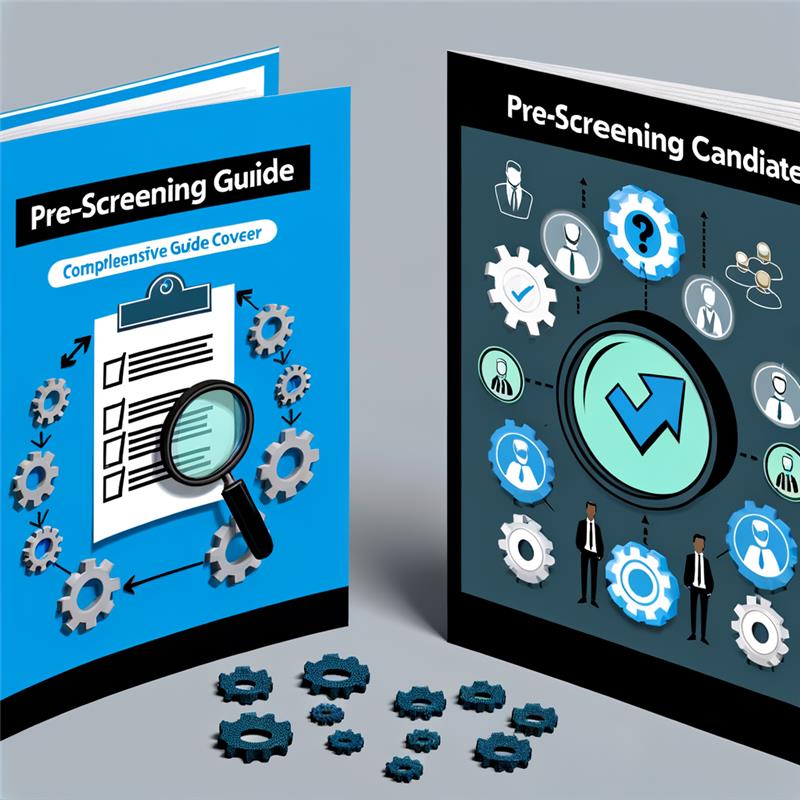AI-based employee skill assessment tools are transforming how organizations evaluate, hire, and develop talent. These tools not only enhance candidate assessments but also optimize workforce planning and internal talent mobility by offering objective, data-driven insights into various skill sets. From technical proficiencies to soft skills, these AI-driven solutions deliver precision, real-time analysis, and scalability for companies of all sizes.
What is an Employee Skill Assessment Tool?
An employee skill assessment tool uses AI and machine learning algorithms to analyze candidate competencies, enabling recruiters and HR teams to make informed hiring decisions. By integrating such tools within recruitment automation systems, companies can efficiently assess both technical and interpersonal skills across diverse roles. These tools are invaluable in identifying skill gaps, nurturing employee growth, and aligning talent with strategic organizational goals.
Key Benefits of AI-Powered Skill Assessment Tools for Recruitment
- Objective and Bias-Free Evaluations: AI-driven assessments minimize human bias, ensuring a fair evaluation of every candidate.
- Real-Time Feedback and Analysis: These tools deliver instant feedback, allowing recruiters to adapt interview questions dynamically, a feature that also enhances the candidate experience.
- Efficient Screening and Shortlisting: Automating skills assessment helps reduce time-to-hire and focuses on the most qualified applicants.
- Comprehensive Reporting and Analytics: AI tools provide data-rich reports to aid in long-term workforce planning and talent management.
Types of AI Skill Assessment Tools
- Pre-Employment Skill Assessment
Tools like HackerRank and TestGorilla help measure a candidate’s skills through tailored tests and coding challenges. These platforms are ideal for tech-heavy roles and have integrated features for real-time feedback and candidate analytics.
- Soft Skill Assessment
Adaface and iMocha include assessments for communication, empathy, and leadership—critical for roles in customer service and management. They incorporate anti-cheating measures and support ATS integration to streamline the recruitment process.
- Video Interview and Psychometric Analysis
Platforms like Vervoe and Mya Systems allow AI-driven video interviews that analyze body language, tone, and speech patterns to assess traits like adaptability and emotional intelligence. These tools help companies gain deeper insights into candidate compatibility beyond just technical skills.
Top Features to Look for in an AI-Based Skill Assessment Tool
- Customizable Testing Frameworks
A robust skill assessment tool should offer customizable testing options that allow you to evaluate specific skills relevant to a job role. The ability to adjust difficulty levels, add job-related scenarios, and customize soft skill evaluations is essential for tailoring assessments to your company’s needs.
- Seamless Integration with Recruitment Platforms
Choose tools that integrate well with existing Applicant Tracking Systems (ATS) or other HR platforms to create a centralized talent management ecosystem, streamlining data access and improving the overall recruitment workflow.
- Data-Driven Decision Support
Advanced AI assessment tools provide in-depth analytics and reports that help HR managers make strategic hiring decisions. These insights also aid in forecasting hiring needs and support retention efforts by identifying top talent for internal mobility.
Best Practices for Implementing AI Skill Assessments
- Align Assessments with Job Requirements
Ensure that your assessments are directly relevant to the skills needed for the role. Tailored assessments increase the predictive accuracy of candidate success and reduce turnover rates.
- Ensure Compliance and Data Security
It’s critical to follow privacy regulations and uphold candidate data security. Transparent AI usage policies foster trust and allow candidates to feel secure during the assessment process.
- Provide Clear Feedback Mechanisms
Feedback improves the candidate experience and reinforces your brand. Tools with automated feedback help candidates understand areas of improvement, aiding in their professional growth.
Conclusion
In today’s competitive landscape, using AI-powered recruitment tools is crucial for businesses aiming to streamline recruitment, reduce bias, and improve hiring outcomes. By incorporating AI-driven assessments, organizations can identify top talent faster, make data-backed decisions, and support both immediate hiring needs and long-term talent strategies.




